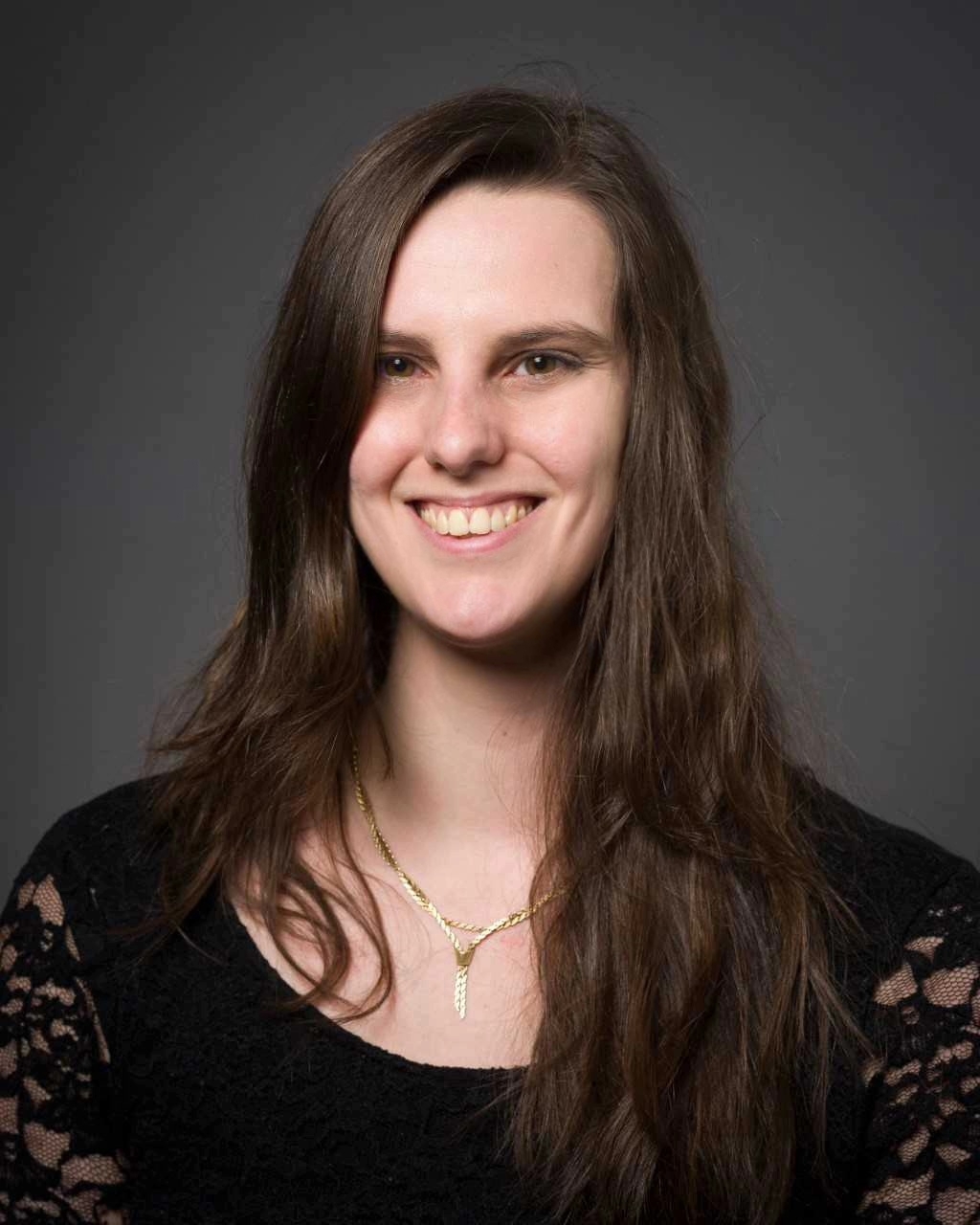Trial lecture: 'How classical genetic and multi-omic analyses synergize to characterise mechanisms of C. elegans development'
Time and place: 29 Feb. 2024, 10:15 AM, Nucleus, Bikuben, Kristine Bonnevies hus
Main research findings:

The addition of a methyl group (CH3) to proteins, also known as protein methylation, is mediated by specialized enzymes named methyltransferases. One such enzyme is METTL13, which specifically trimethylates glycine 2 (G2me3) and dimethylates lysine 55 (K55me2) on eEF1A, a factor involved in protein synthesis. Interestingly, both METTL13 and the K55me2 mark on eEF1A are upregulated in a plethora of human cancers. Abolishing this methylation mark leads to reduced protein synthesis and cell proliferation in human cancer cells, while not affecting non-transformed cells. This makes METTL13-mediated methylation an attractive target for cancer therapy. However, studies investigating its role in whole animals are lacking.
In this thesis, the effects of METTL13 depletion were assessed in the nematode Caenorhabditis elegans. This work uncovers that C. elegans METTL13 (METL-13) methylates eEF1A (EEF-1A) similarly to what has been described in humans. Importantly, the tumor-promoting role of METL-13 and K55me2 on EEF-1A is conserved, with a lack of either resulting in phenotypically less severe germline tumors. Furthermore, METL-13 appears to be non-essential for animal development, growth, and stress responses. Additionally, depletion of METL-13, but not the K55me2 methylation mark on EEF-1A, modestly impaired longevity. These insights contribute to the role of METL-13 in health and disease, introduce C. elegans as a METTL13 cancer model, and endorse the targeting of K55me2 of eEF1A for cancer therapy.
Adjudication committee
Professor Christian Eckmann, Martin-Luther-Universität Halle-Wittenberg
Professor Hilde Loge Nilsen, Oslo University Hospital & University of Oslo
Professor Eivind Valen, Department of Biosciences, University of Oslo
Chair of defense
Professor Odd Stokke Gabrielsen, Department of Biosciences, University of Oslo
Supervisors
Professor Rafal Ciosk, Department of Biosciences, University of Oslo
Professor Pål Falnes, Department of Biosciences, University of Oslo